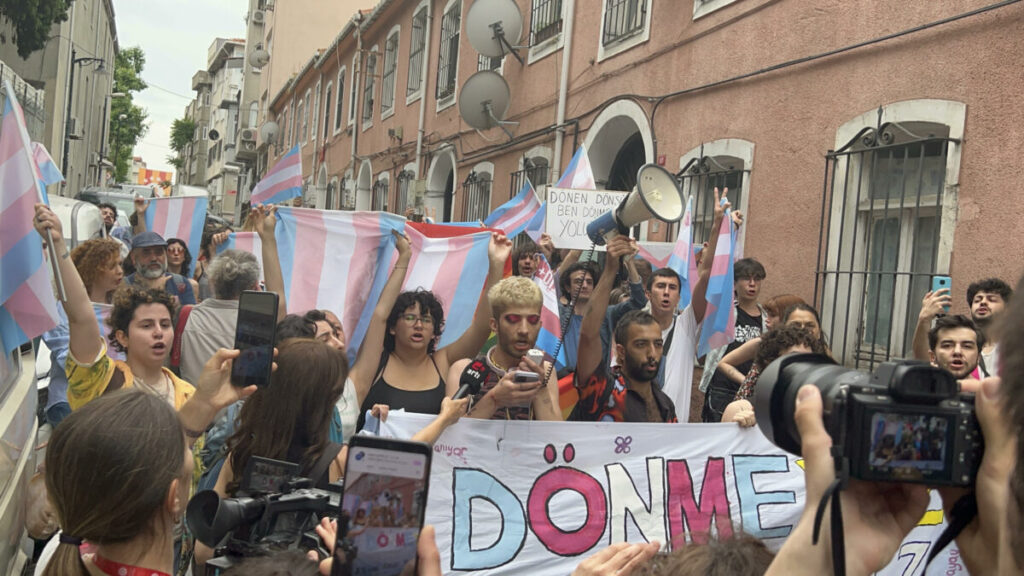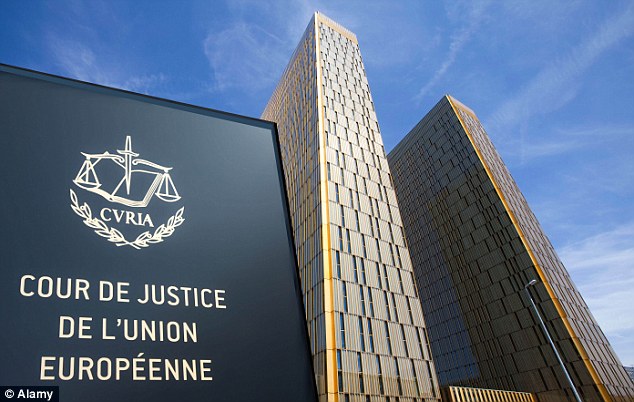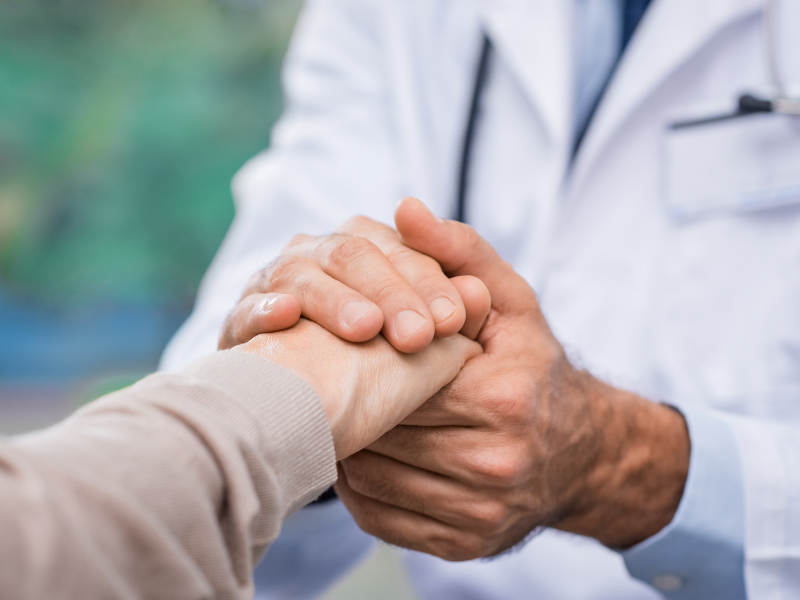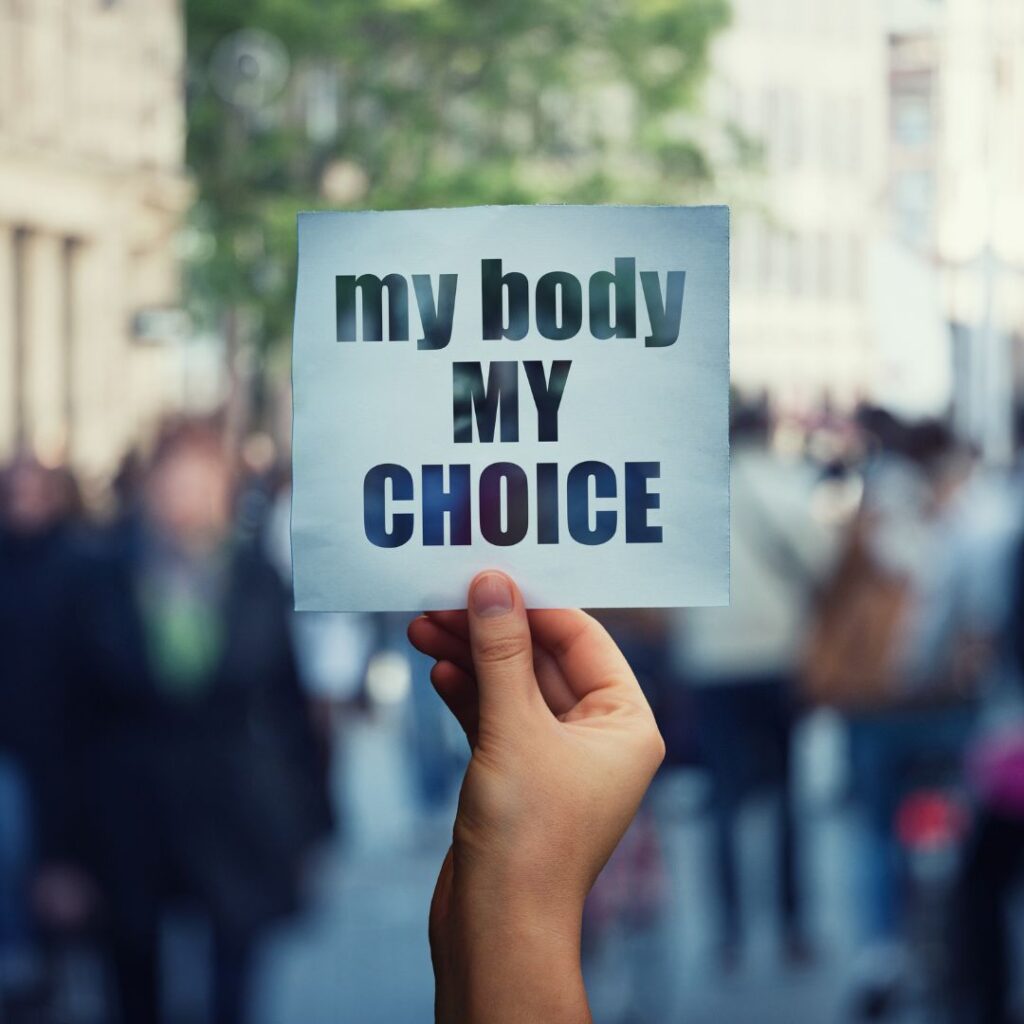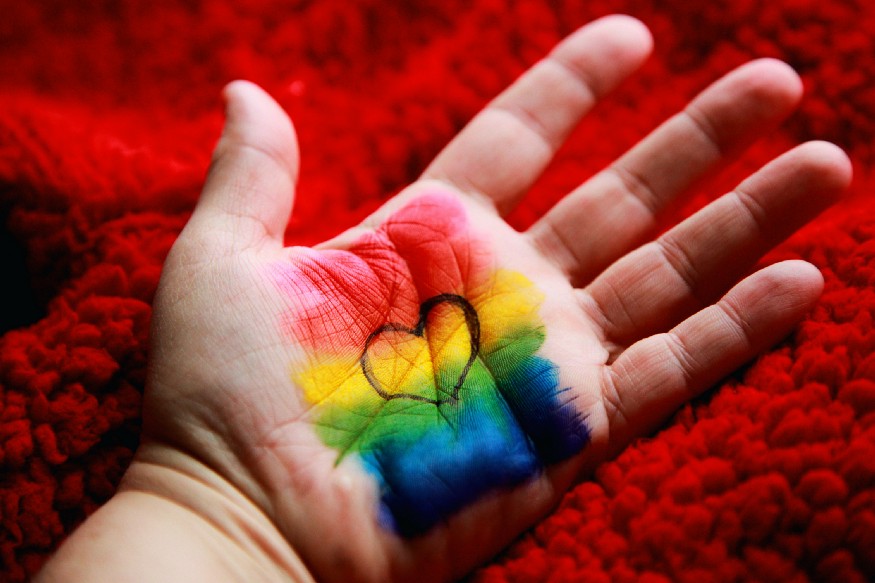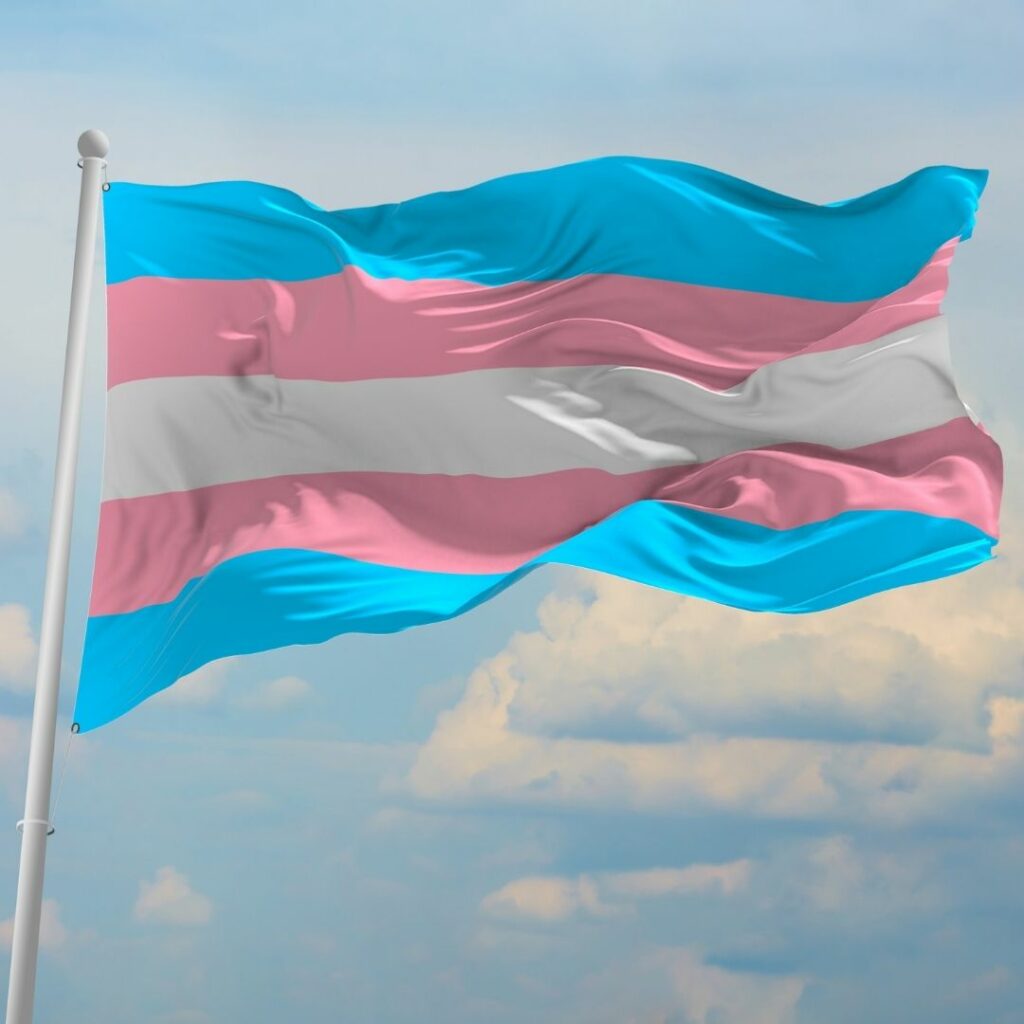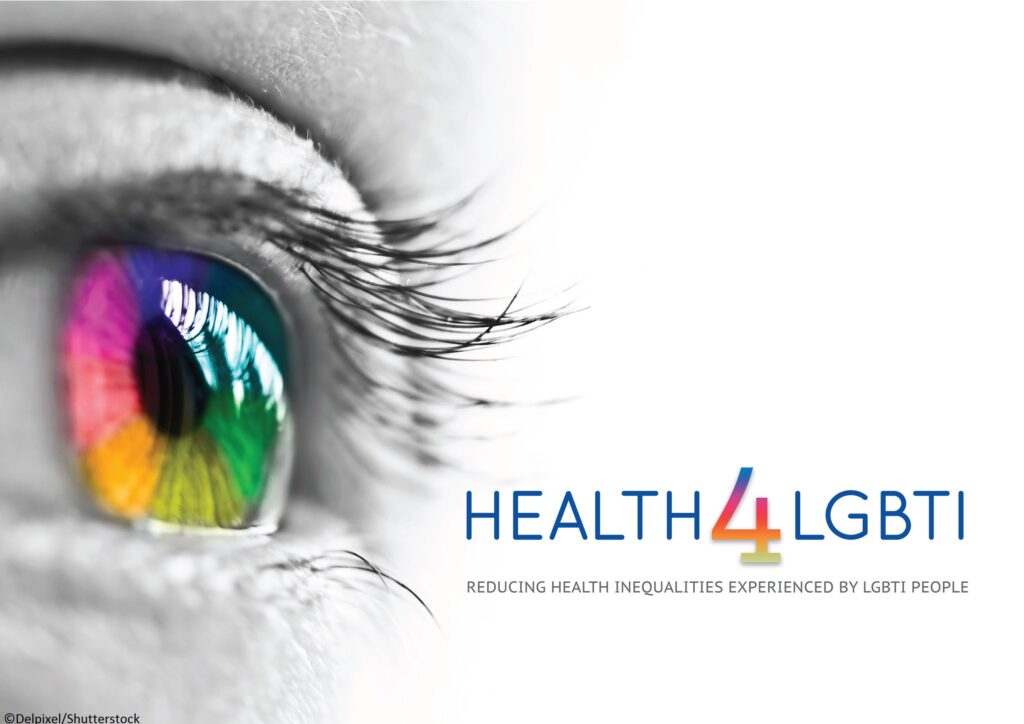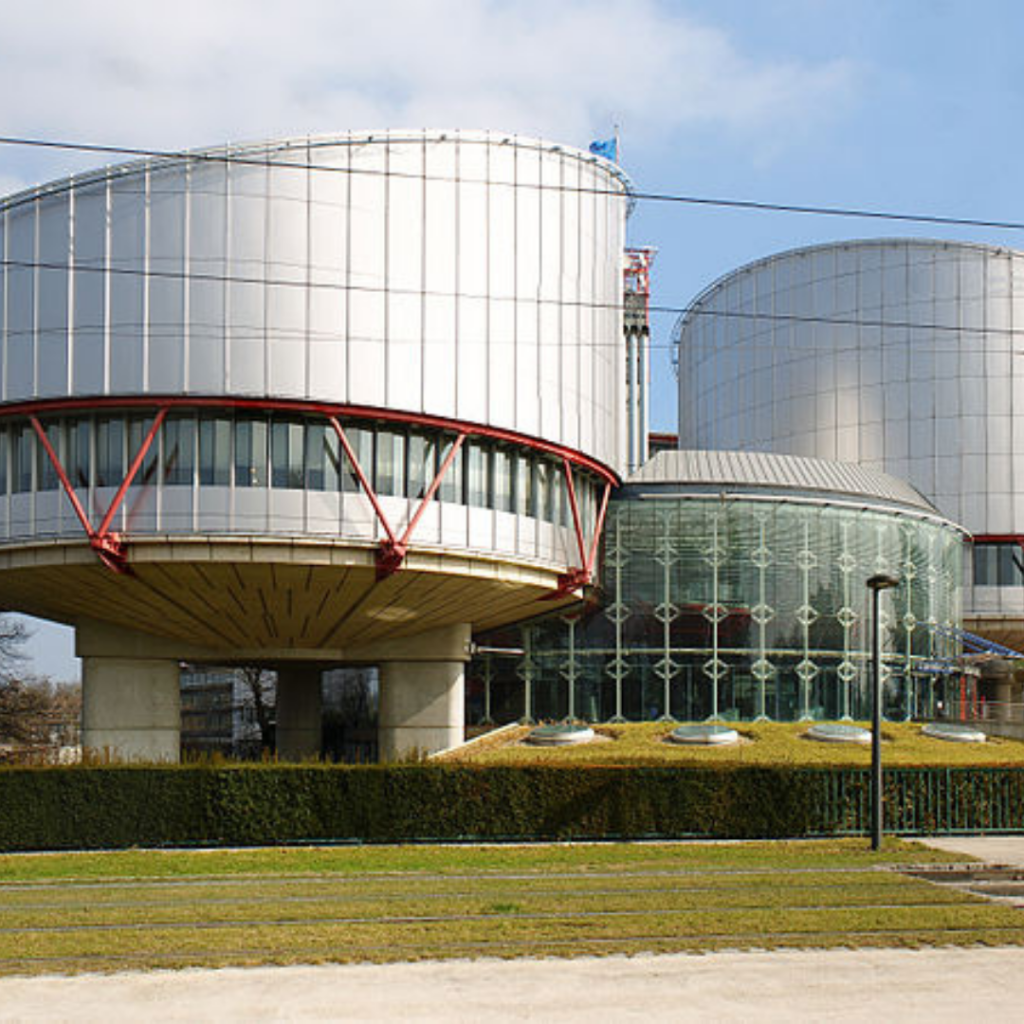Monkeypox: Why global equity must be central to contain the spread and how it can be achieved
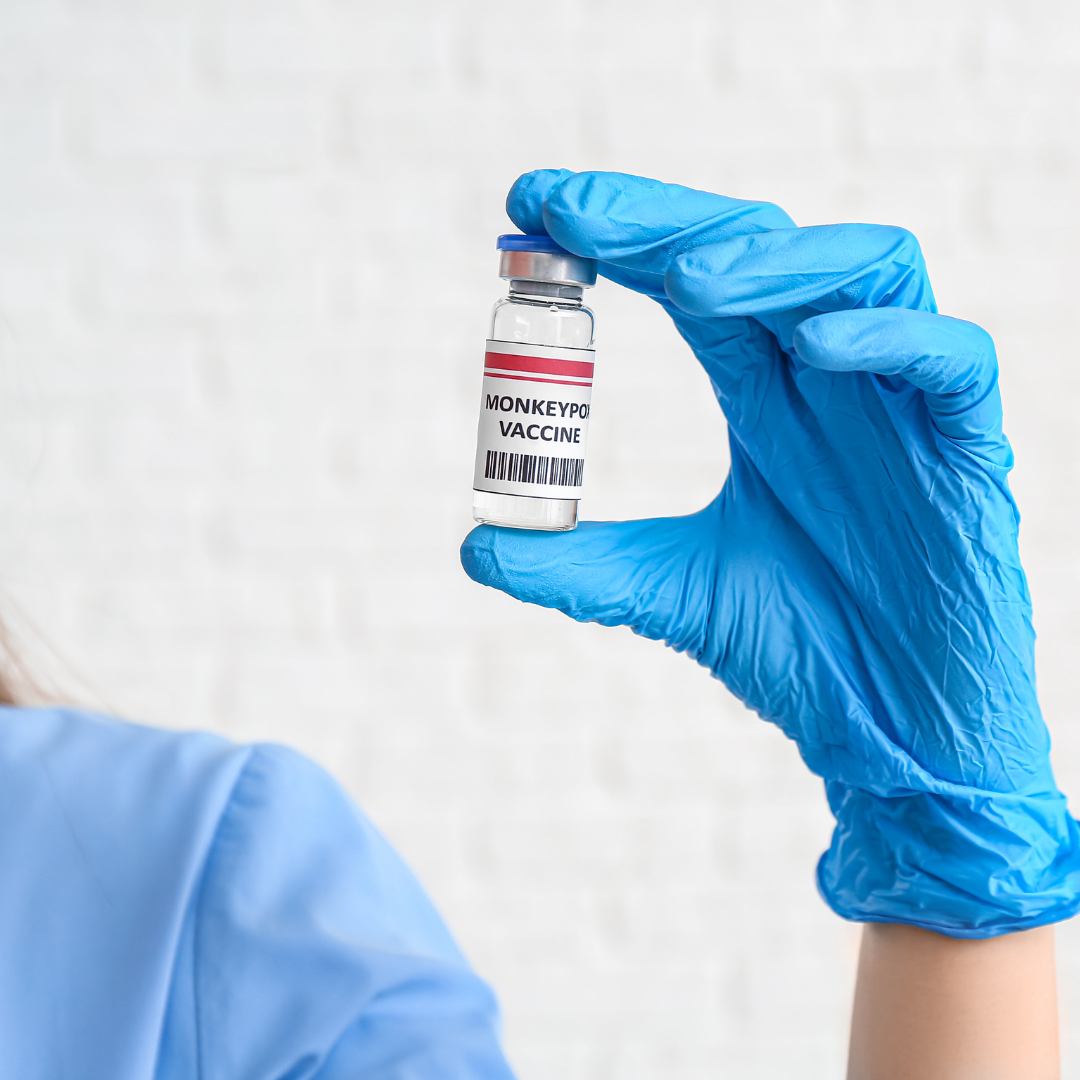
Over 18,000 cases of monkeypox have been confirmed in the EU since the start of the outbreak in the region in May. Humanitarian organisations, governments and institutions must join forces and put equity at the centre of their thinking so treatments and prevention measures are available for all.
By the end of August, 18,072 confirmed cases of monkeypox have been reported from 29 EU/EEA countries, according to the ECDC, and 46 cases have been reported in the Western Balkans and Turkey. The first cases were registered in early May. Globally, over 48,000 cases have been confirmed since January 2022, according to WHO.
Who can get infected and how?
Monkeypox is transmitted by skin-to-skin contact of any kind, contact with contaminated clothing and fabrics, and by aerosol droplets; the current European and North American outbreak appears to be closely, though not exclusively, linked to sexual practices as well. There are right now specific outbreaks among men who have sex with men (MSM): over 95% of the reported cases in the world are linked to this practice.
Even so, anyone can contract the virus if they engage in risky practices with people who are potentially infected and sexual contact among men is not the only mode of transmission. The risk of infection comes from practices, not identities. This is important to keep in mind, not only to stay away from stigmatisation of gay and bisexual men communities but also to contain the spread, as we learnt from HIV/AIDS epidemic.
Are there vaccines and treatments?
The European Commission has secured 163,000 doses of vaccines to respond to the progression of the spread of this virus in the EU. Spain, Germany, Belgium, Sweden, Ireland and Italy are among the countries who have already received vaccines.
However, vaccines on their own are no silver bullet, says the WHO:
- 85% is the protection estimated from vaccines, according to the limited data available. Additionally, there is one single manufacturer authorised globally, which will probably mean shortages in supply.
- There are great disparities in distribution in the EU. In July, the European Commission announced an order for over 163,000 doses for all the EU, while countries like France had already purchased 250,000. Spain, with over 6,400 cases is the country with the highest number of cases in the EU, has had to this date only 17,000 doses available. These are examples of disparities in the distribution of vaccines in the EU, but as we learnt in 2020, a virus doesn’t know about borders.
- There are no vaccines at all in Africa. Still, the death-per-case rate in Central and Western Africa is 1 in every 21 cases, which is more than 100 times more than in the global north, less than 1 in every 2,500 cases.
What can institutions and governments do?
- Global public health is a global responsibility where equity is key. Vaccines and treatments must be made available in poor countries as well as in richer ones – this is the only way to ensure that outbreaks like this do not happen and that the virus does not become endemic. Therefore, the vaccine supply must be coordinated among countries and institutions such as the European Commission and the WHO.
- Vaccines are a preventative measure, not a reactionary one. Early diagnosis, contact tracing and exposure limitation measures must come along in order to ensure that the limited supply of vaccines has the largest possible impact.
- At a national level, ministries of health need to coordinate closely with LGBTI and HIV-related organisations to develop communications and outreach materials, as well as with groups organising events where transmission is likely so that they can communities with their communities effectively. In order to this, these groups and civil society must be granted sufficient resources.
- As with the HIV/AIDS epidemic, LGBTI civil society are taking up public health responsibilities to ensure that LGBTI people are effectively protected and served; however, this means diversion of resources from some of the core work of these organisations. Public health institutions must work in equitable, non-discriminatory ways to ensure services of the most vulnerable.



